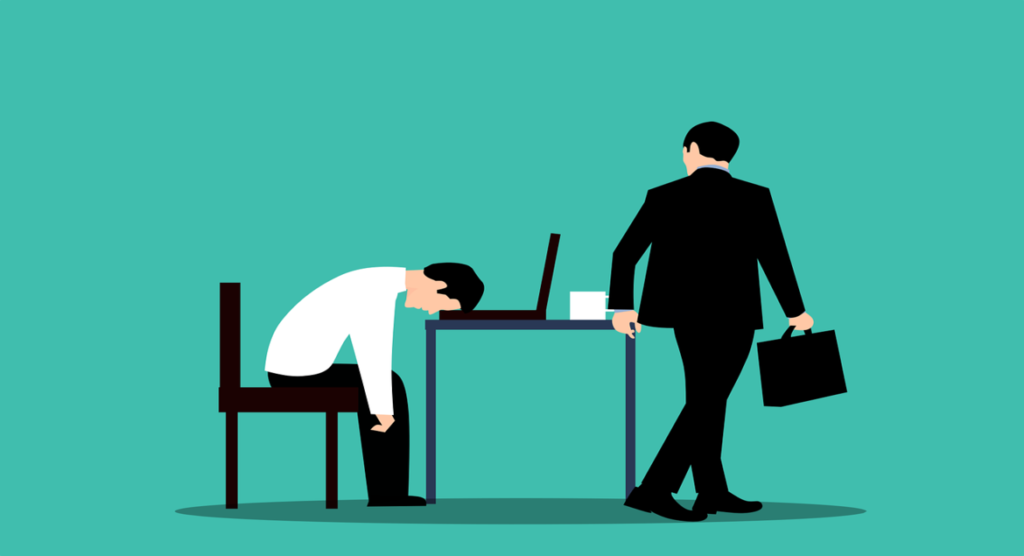The world is a tough place, and it’s not getting any easier as we age. The constant barrage of stressors in our lives can take its toll on our health, and that toll can only be exacerbated when we have to care for elderly family members. Fortunately, there are ways to manage the pressure and keep our loved ones as healthy as possible. In this article, we will explore some of the most effective methods of stress management for elderly people. From cognitive behavioral therapy to yoga and meditation, read on to find out how you can help your elderly loved one cope with the demands of today and tomorrow.
Why Stress is a Problem in Seniors
Stress is a problem in seniors because it can lead to health problems such as heart disease, stroke, and anxiety. Chronic stress can also damage the brain. In addition, stress can cause seniors to lose their memory and mobility. Steps you can take to reduce your stress levels include:
- Take breaks every hour.
- Exercise regularly.
- Find a hobby or activity that you enjoy.
- Connect with friends and family members.
- Eat healthy foods and drink plenty of fluids to keep your body hydrated.
Different Types of Stress
The different types of stress that elderly individuals face can be debilitating, and effective methods of managing these stresses are essential. Some common sources of stress for seniors include:
Loneliness: Loneliness is one of the most common sources of anxiety and stress in elderly individuals. Social isolation has been shown to increase the risk of developing dementia and other chronic conditions. Numerous studies have shown that social activities, such as engaging in hobbies or attending community events, can help reduce loneliness and improve overall well-being.
Health Problems: Many elderly individuals experience health problems that can add to their already high levels of stress. Poor health can make it difficult for an elderly person to leave their home, participate in social activities, or take care of themselves. Additionally, many elderly people have difficulty accessing needed medical care due to a lack of resources or insurance. Health problems can also lead to depression, which can further increase an individual’s level of stress. Also, Read: Top Tips on How to Increase the Confidence Level
Financial Difficulties: Elderly individuals often experience financial difficulties as they age. This can include reduced income due to a decline in work skills or a loss of jobs, increased expenses due to illnesses or medications, and difficulty accessing necessary financial services due to poor health or mobility limitations. Financial difficulties can lead to feelings of insecurity and isolation, which can further add to an elderly person’s level of stress.
Hearing Loss: One common complication associated with aging is hearing loss. Difficulty understanding others due to hearing loss can lead to feelings of
How to Reduce Stress in Seniors
There are a number of effective methods of stress management that can be used by seniors to reduce their levels of stress. Activities such as exercise, meditation, and relaxation techniques can all help to reduce stress levels. Other methods of stress reduction include eating a balanced diet and getting enough sleep. Finally, it is important to remember that everyone experiences different levels of stress at different times, so there is no one-size-fits-all approach to reducing stress. What works for one person may not work for another, and trial and error is often the best way to find out what works best for you. Also, Read: Top Tips on How to Keep Mind Fresh and Happy
Stress is an inevitable part of life, but it doesn’t have to be a negative experience. There are many ways to manage stress effectively in elderly people, and the most important thing is to find what works best for you. Here are some tips on how to reduce stress in elderly people: – Exercise regularly – A regular dose of exercise can help reduce overall levels of stress and improve moods. It has also been shown to improve cognitive function and memory recall. – Relaxation techniques – Trying out different relaxation techniques can help reduce anxiety and tension. Some popular methods include meditation, yoga, aromatherapy, or deep breathing exercises. – Eat well – Eating nutritious foods can help keep your body healthy and your mind at ease. In addition, eating foods that contain antioxidants can help fight against the effects of free radicals, which are molecules that damage cells and DNA.


